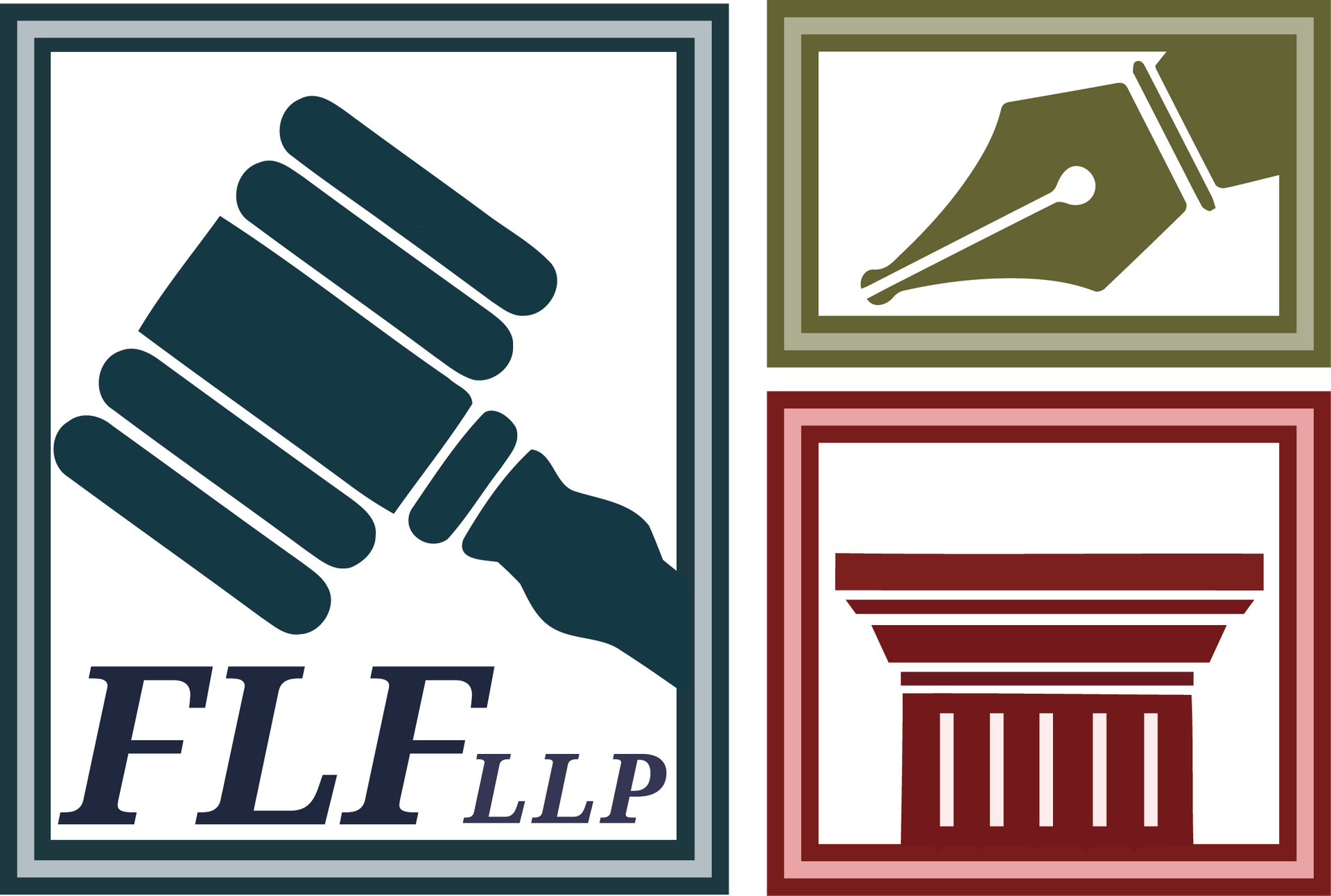THE BRADY BUNCH AND ESTATE PLANNING

Creating an estate plan for a blended family, where one or both spouses have children from previous relationships, requires careful consideration to ensure that the needs and interests of all family members are addressed. Here are some strategies to consider when developing an estate plan for a blended family:
Open Communication: Start by having open and honest conversations with your spouse and children about your wishes and intentions for your estate plan. Discussing your plans and addressing any concerns or expectations can help minimize misunderstandings and conflicts among family members.
Asset Inventory and Distribution: Take inventory of your assets and determine how you want them to be distributed upon your death. Consider whether you want to provide for your spouse, children from previous relationships, and any children you have together. You may need to balance competing interests and ensure that each family member receives a fair share of your estate.
Use of Trusts: Trusts can be valuable tools for estate planning in blended families. You may consider using a trust to provide for your surviving spouse while ensuring that assets ultimately pass to your children from a previous relationship. A trust can also offer protections for minor children, individuals with special needs, or beneficiaries who may not be capable of managing their inheritances.
Beneficiary Designations: Review and update beneficiary designations on retirement accounts, life insurance policies, and other accounts to ensure that they reflect your current wishes. Consider whether you want to name your spouse, children from previous relationships, or other beneficiaries as primary or contingent beneficiaries.
Pre- and Postnuptial Agreements: Consider entering into a prenuptial or postnuptial agreement with your spouse to clarify your intentions regarding property rights, inheritance, and other financial matters. These agreements can help protect the interests of both spouses and provide clarity in the event of divorce or death.
Guardianship and Custody: If you have minor children, discuss and document your preferences for guardianship and custody arrangements in the event of your death. Consider factors such as the children's best interests, the relationships between family members, and the ability of potential guardians to provide care and support.
Regular Review and Updates: Estate planning needs can change over time, especially in blended families where relationships and circumstances may evolve. It's essential to regularly review and update your estate plan to reflect changes in your family, finances, and goals.
Professional Guidance: Consulting with a qualified estate planning attorney who has experience working with blended families can provide valuable guidance and ensure that your estate plan effectively addresses your unique circumstances and goals.
By taking these steps and working together with your spouse and children, we can help you create an estate plan that provides for your blended family's needs and promotes harmony and peace of mind for all involved.

Quick Links
Practice
Contact
39899 Balentine Drive, Suite 315
Newark, CA 94560
Social
The use of this website does not create an attorney/client relationship. Information on this site does not constitute legal advice.
